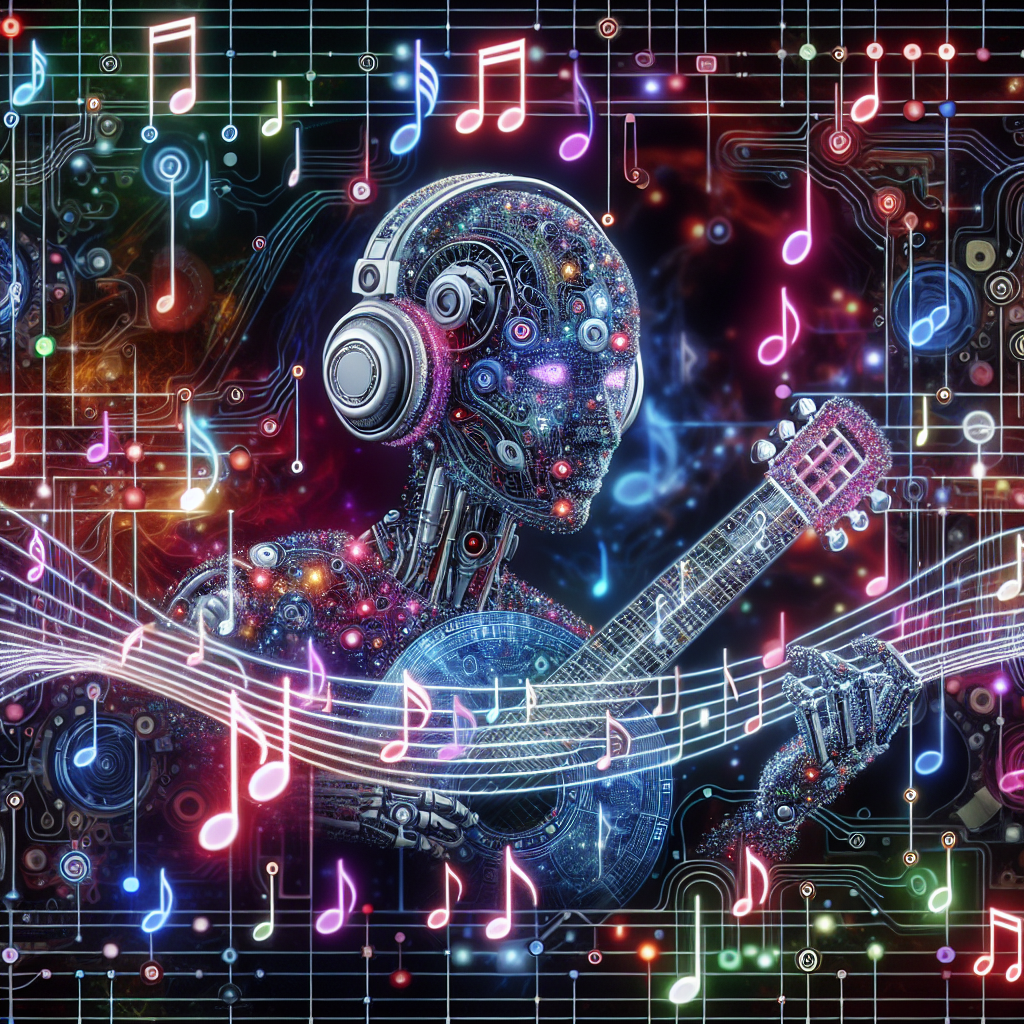Music has been a fundamental aspect of human culture for centuries, serving as a form of expression, entertainment, and emotional connection for people all around the world. With the rise of technology, music discovery has undergone a revolution, with artificial intelligence (AI) playing a significant role in how we find and consume new music.
AI has revolutionized the music industry in numerous ways, from helping artists create new sounds to enhancing the way we discover and consume music. By leveraging the power of AI algorithms and machine learning, music streaming platforms and other services are able to provide users with personalized recommendations based on their listening habits, preferences, and even mood.
One of the most significant ways AI is changing the way we discover new music is through personalized recommendations. These recommendations are based on a user’s listening history, favorite artists, and genre preferences. By analyzing data points such as listening habits, song skips, and likes, AI algorithms can generate recommendations that are tailored to each individual user, helping them discover new artists and songs that they may not have found on their own.
AI-powered recommendation systems are also able to take into account a user’s mood and preferences in real-time, offering up music that fits the moment. For example, if a user is feeling upbeat and energetic, the AI algorithm may recommend high-tempo, danceable tracks. On the other hand, if a user is feeling introspective or contemplative, the algorithm may suggest slower, more introspective songs.
In addition to personalized recommendations, AI is also being used to help artists create music. AI algorithms can analyze the characteristics of a particular artist’s sound and style, helping them to identify trends and patterns in their music. This can be especially useful for artists looking to experiment with different genres or styles, as AI can provide insights into what works best for them creatively.
Furthermore, AI can help artists with the songwriting process by generating lyrics, melodies, and even entire songs based on input data. This can be a valuable tool for artists looking to overcome creative blocks or explore new musical ideas. AI algorithms can also assist with tasks such as audio mastering and mixing, helping artists achieve a polished, professional sound.
AI is also changing the way music is curated and categorized. By analyzing vast amounts of data, AI algorithms can identify similarities and patterns in music, helping to categorize songs into genres, moods, and styles. This can be particularly useful for music streaming platforms, as it allows them to create curated playlists and radio stations that cater to specific tastes and preferences.
Overall, AI is revolutionizing the way we discover, create, and consume music. By leveraging the power of AI algorithms and machine learning, music enthusiasts can enjoy a more personalized and tailored music experience, while artists can benefit from new tools and technologies to enhance their creative process.
FAQs:
Q: How does AI recommend music to users?
A: AI algorithms analyze data points such as listening habits, song skips, and likes to generate personalized recommendations for users based on their preferences and mood.
Q: Can AI help artists create music?
A: Yes, AI algorithms can help artists with tasks such as songwriting, audio mastering, and mixing by analyzing their sound and style to provide insights and suggestions.
Q: How does AI categorize music into genres and styles?
A: AI algorithms analyze vast amounts of data to identify similarities and patterns in music, helping to categorize songs into genres, moods, and styles.
Q: Are there any drawbacks to using AI in music discovery?
A: Some critics argue that relying too heavily on AI recommendations can limit serendipity and the discovery of new, unexpected music. Additionally, there are concerns about data privacy and the potential for AI algorithms to reinforce existing biases in music recommendations.

